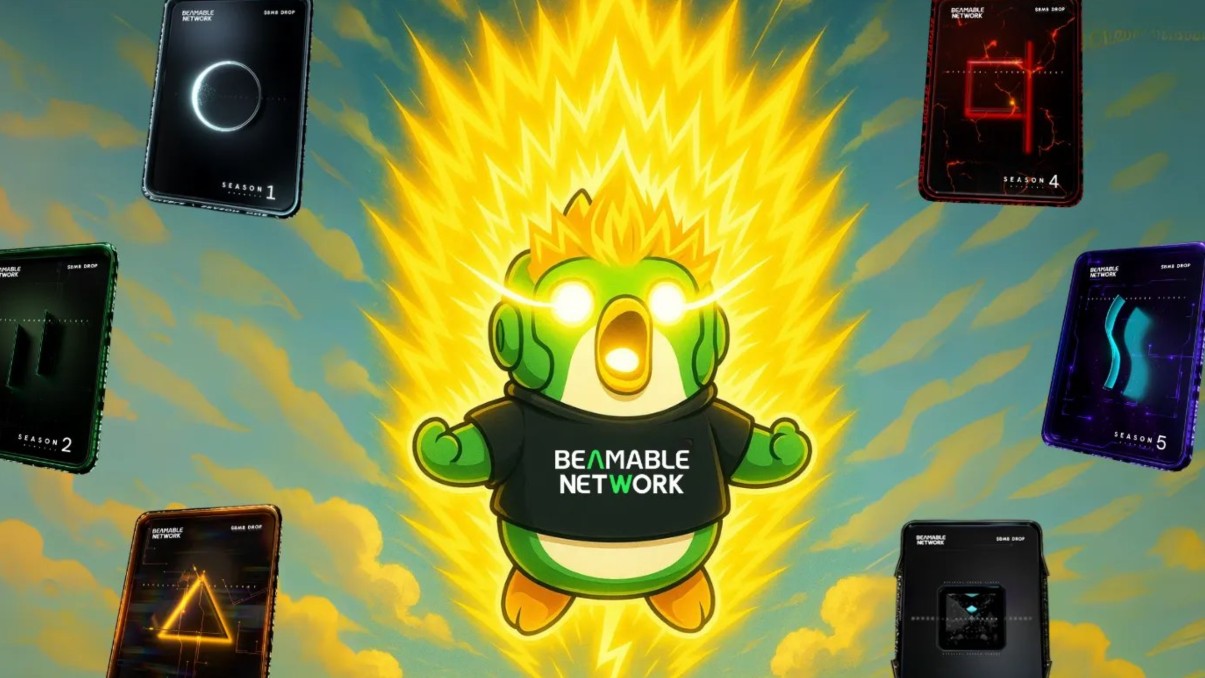Cryptocurrency Prices by Coinlib

Why the way forward for recreation backends is DePIN
Jon Radoff is a recreation trade entrepreneur, writer, and investor targeted on the intersection of video games, platforms, and communities. He's the co-founder and CEO of Beamable, the corporate behind Beamable Community — a decentralized infrastructure powering dwell video games.
Beamable Community is making ready for its token technology occasion (TGE) in November 2025, bringing community-owned backend companies to the following wave of recreation builders.
Each dwell recreation is one backend outage away from catastrophe.
It doesn’t matter how enjoyable your recreation is, how sticky your group is, or how robust your monetization is. If the backend fails, the sport dies. Studios know this ache all too nicely: cloud outages that wipe out periods, distributors that instantly vanish, or lock-in pricing that strangles margins simply as a title begins to scale.
Centralized backends are fragile. They’ve grow to be the one level of failure in an trade constructed on persistence and uptime.
We’ve seen this story earlier than
The historical past of gaming is the historical past of infrastructure shifts:
Within the early MMO period, studios constructed every little thing themselves — pricey, brittle, and sluggish.
Cloud platforms promised reduction, however simply swapped one set of dependencies for one more.
Now, with dwell service video games dominating, the stakes are increased: nobody can afford downtime, lock-in, or vendor abandonment.
The previous method merely gained’t scale into the following decade.
Why DePIN, not simply “onchain”
The reply isn’t placing video games onchain. They don’t must run there — they usually shouldn’t. What wants decentralization is the infrastructure layer itself.
That’s the place DePIN is available in.
DePIN transforms backend companies into verifiable public items by distributing compute and networking throughout a decentralized community, whereas coordinating it via an onchain order guide. Pricing, task, popularity, and accountability dwell onchain, making certain that no single vendor can flip a change and take your recreation offline.
The result's an infrastructure mannequin that's:
Resilient: No single level of failure.
Clear: Builders and gamers can confirm what’s taking place in actual time.
Value-Environment friendly: Workloads are distributed with out vendor markups or lock-in contracts.
Group-Aligned: The ecosystem that makes use of the infrastructure can be the one which sustains and governs it.
That is what DePIN has already confirmed in different domains — from storage to compute. Gaming is the following frontier.
Why it issues for video games
Video games are not merchandise that launch as soon as and fade away. They're communities that dwell for years, typically many years. That requires infrastructure as sturdy and adaptive because the communities themselves.
DePIN doesn’t pressure studios to alter their recreation design. It adjustments the economics and resilience of the backend itself. By aligning incentives throughout builders, gamers, and operators, DePIN ensures the companies video games depend on gained’t disappear once they’re wanted most.
Studios that embrace this shift early will cease preventing their infrastructure and begin constructing worlds that may endure so long as their communities need them to.
Discover out extra on the Beamable Community web site and skim its whitepaper right here.
